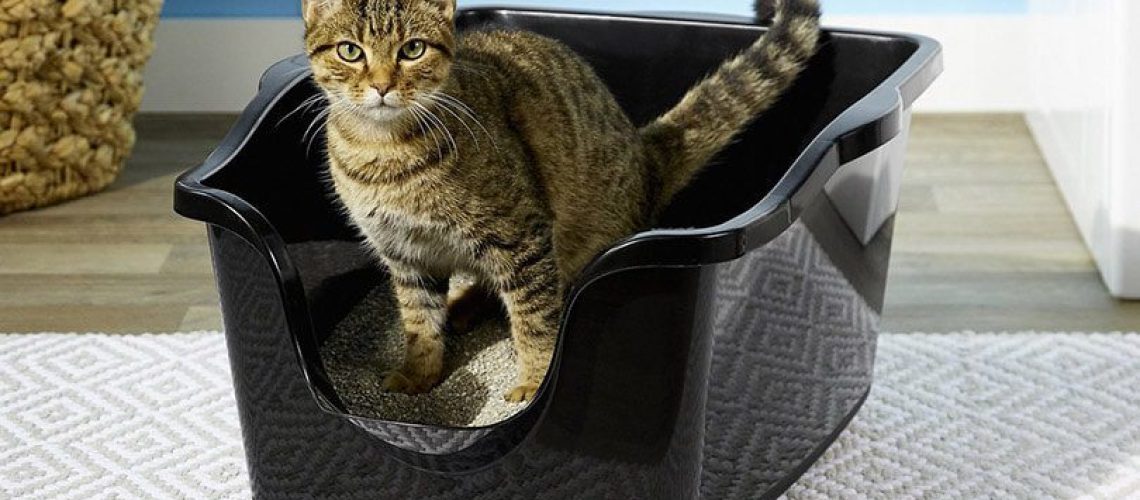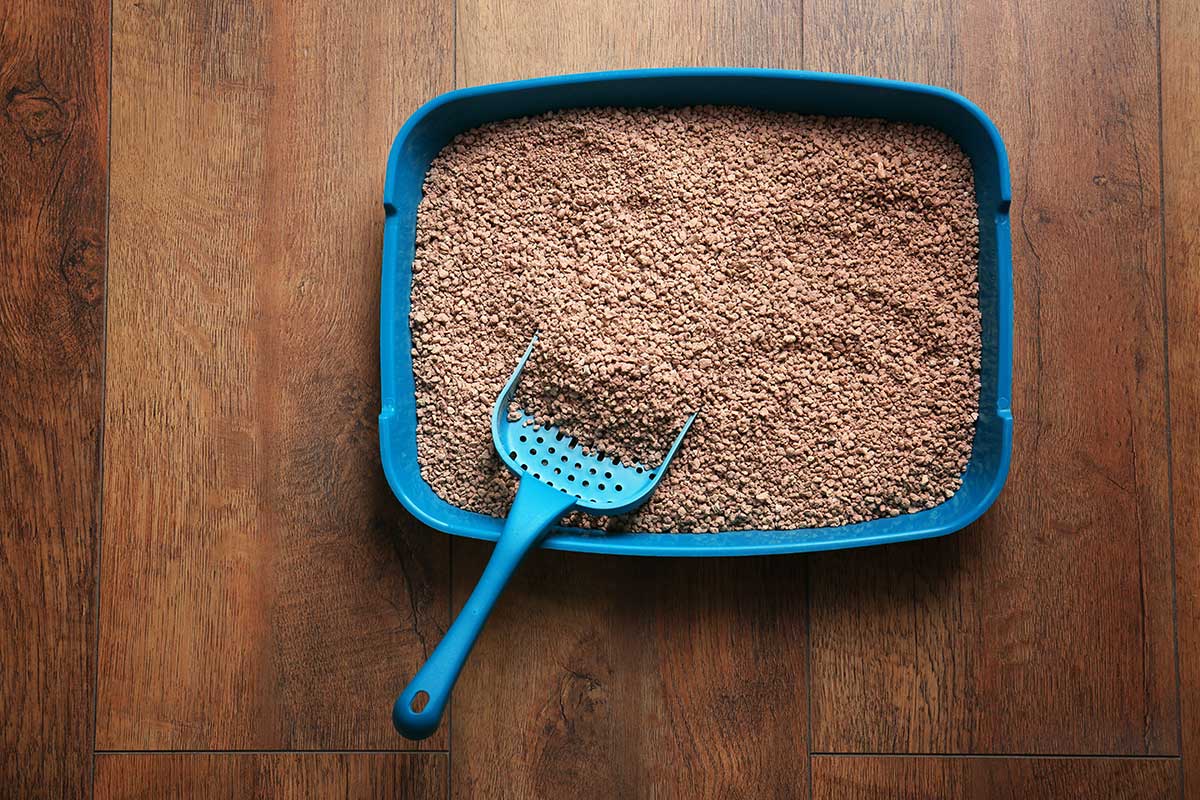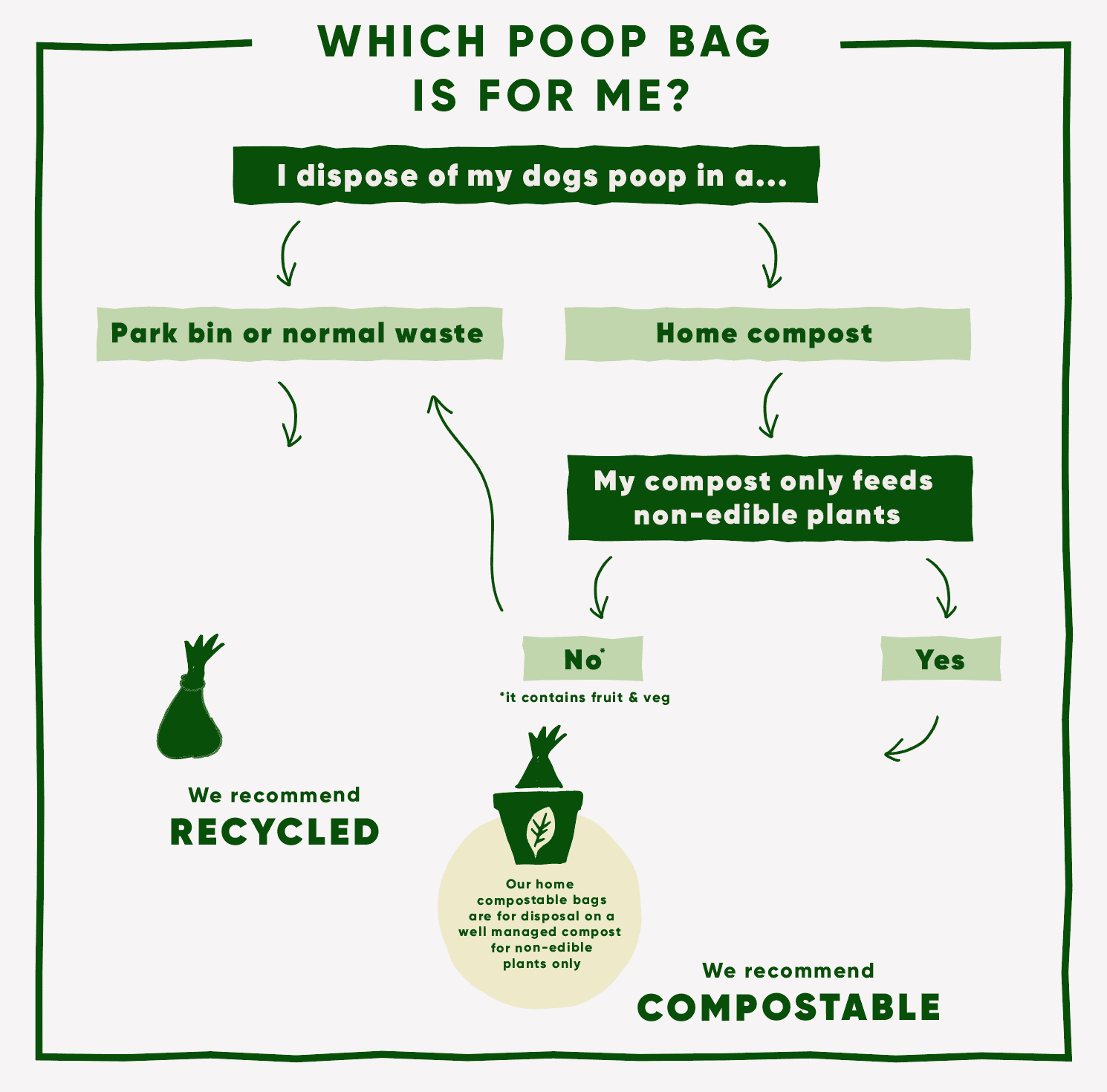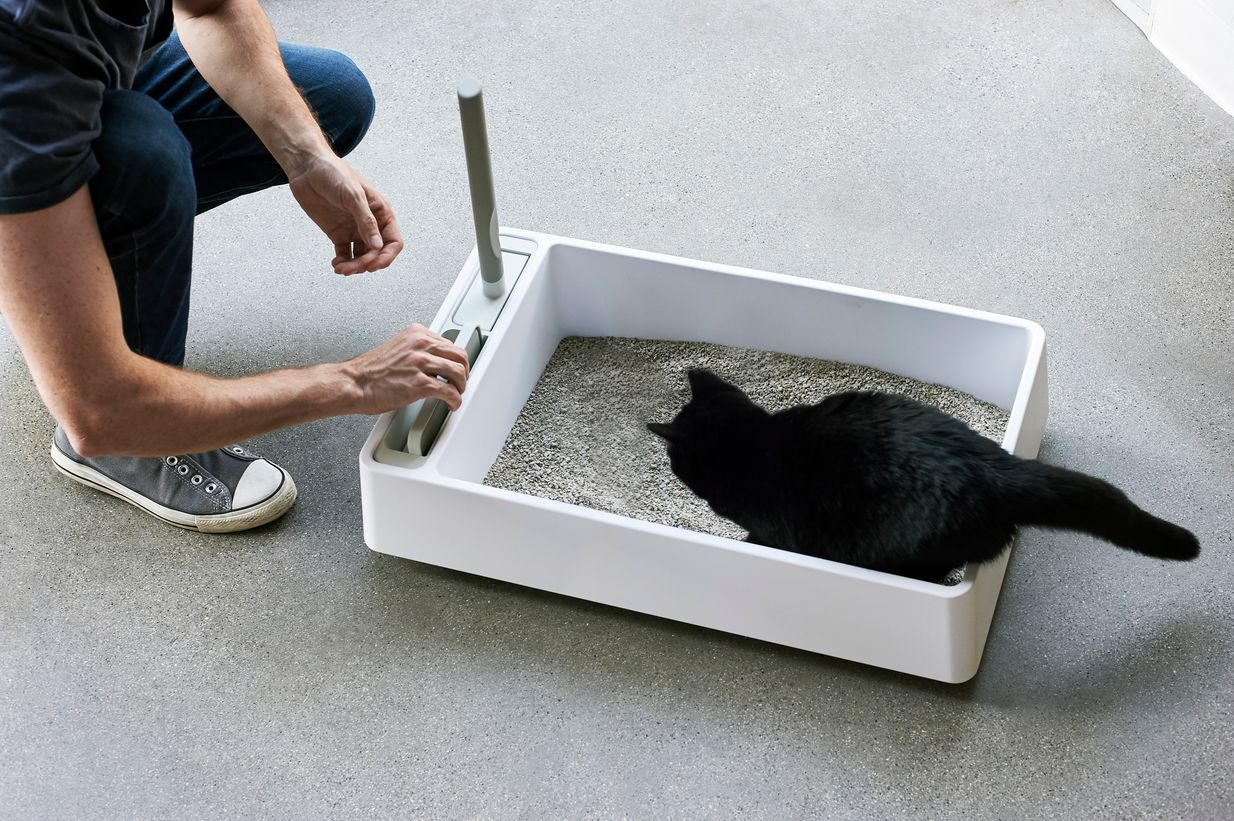You may be wondering that why you need to dispose of cat litter? Well, the answer is simple; if you don’t clean your house regularly then you will end up with dirty floors. If your home has a cat then you need to keep a good cat litter box in your house.
Key Takeaways:
- Trash Disposal: The most common and recommended method is to bag the used litter and place it in an outside trash can with a tight-fitting lid.
- Beware of Flushing: While some biodegradable litters claim to be flushable, it's not advisable due to potential plumbing issues and environmental concerns.
- Composting Concerns: While certain litters are biodegradable, composting used cat litter can pose health risks due to pathogens in cat feces.
- Health Risks: Cat feces can carry harmful parasites like Toxoplasma gondii, which can infect other animals and humans.
- Choosing the Right Litter: From clay to biodegradable options, picking the right litter for your cat is essential for their comfort and the environment.
You may think that it is a big task to clean your house daily, but it is not that difficult. In fact, it is the best way to clean the house and it is also the best way to keep your home clean.

What is a cat litter?
Cat litter is the most important part of a cat’s life. It is also called as cat bedding and it can be used for keeping the cat clean. You can use it to clean the floor of your house or you can use it to clean the area where your cat sleeps.
How to dispose of cat litter?
Owning a cat comes with many joys, but also responsibilities, one of which is managing used cat litter. Here's a guide on how to dispose of it responsibly:
1. Trash Disposal: The most straightforward method is to bag the used litter and dispose of it in an outside trash can. Ensure the can has a tight-fitting lid to prevent odors and potential contamination.
2. Flushing – Not Always the Best Idea: While some litters claim to be flushable, it's essential to be cautious. Flushing can lead to plumbing issues, and there's a risk of harmful pathogens entering the water supply.
3. Composting – Proceed with Caution: Some litters are biodegradable, but composting used litter can be risky. Cat feces can contain harmful pathogens, making it unsafe for composting.
4. Health Implications: It's essential to be aware of the potential health risks associated with cat feces, such as the parasite Toxoplasma gondii. This parasite can infect other animals and even humans, posing significant health concerns.
5. Picking the Right Litter: The market offers various litter types, from traditional clay to biodegradable options. Choosing the right one can impact how you dispose of it and its environmental footprint.
In conclusion, while managing used cat litter might seem like a mundane task, it's essential to approach it responsibly, considering both environmental and health implications.
If you are using the cat litter then you need to dispose of it properly. There are many ways to dispose of cat litter but the easiest way is to flush it down the toilet. If you are not sure about the right way then you can ask your local plumber for help.
You can use the cat litter box to clean your house regularly; if you are not using it then you need to clean it properly. To clean the cat litter box, you need to use a brush, a sponge, a mop and some cleaning solution. You can also clean it with water.
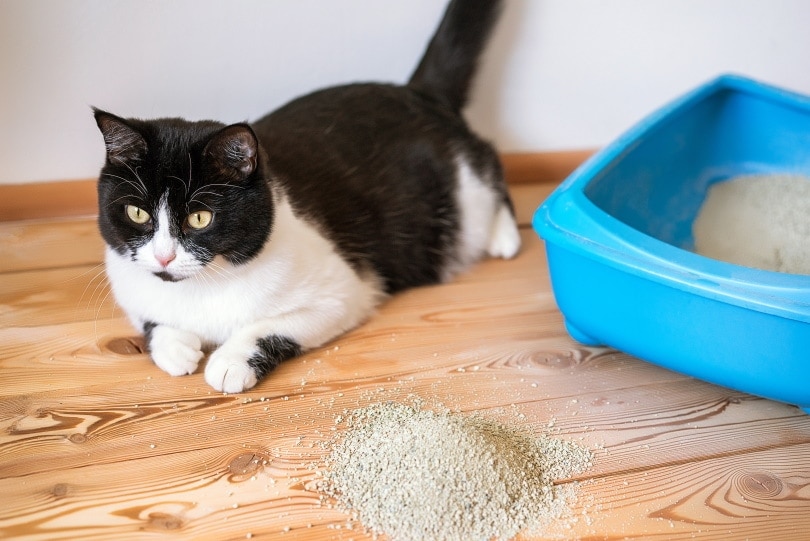
With this understanding, let's wrap up our guide on the responsible disposal of cat litter
While managing cat litter is essential for any cat owner, it's equally crucial to understand other aspects of feline care. For instance, diabetic cats require special attention and care.
Administering insulin is a vital part of their routine, and using the correct syringe and needle is paramount for their well-being.
Effective diabetes management is a collaborative effort between the cat owner and their veterinarian.
Caregivers play a pivotal role in ensuring the health and comfort of diabetic cats.
For those seeking more in-depth resources on feline diabetes, AAHA.org/diabetes offers valuable insights and guidelines.
Conclusion:
There are many ways to dispose of cat litter, but you need to choose the best way depending on your situation. You can ask your local plumber for help if you are not sure about the right way to dispose of cat litter.



